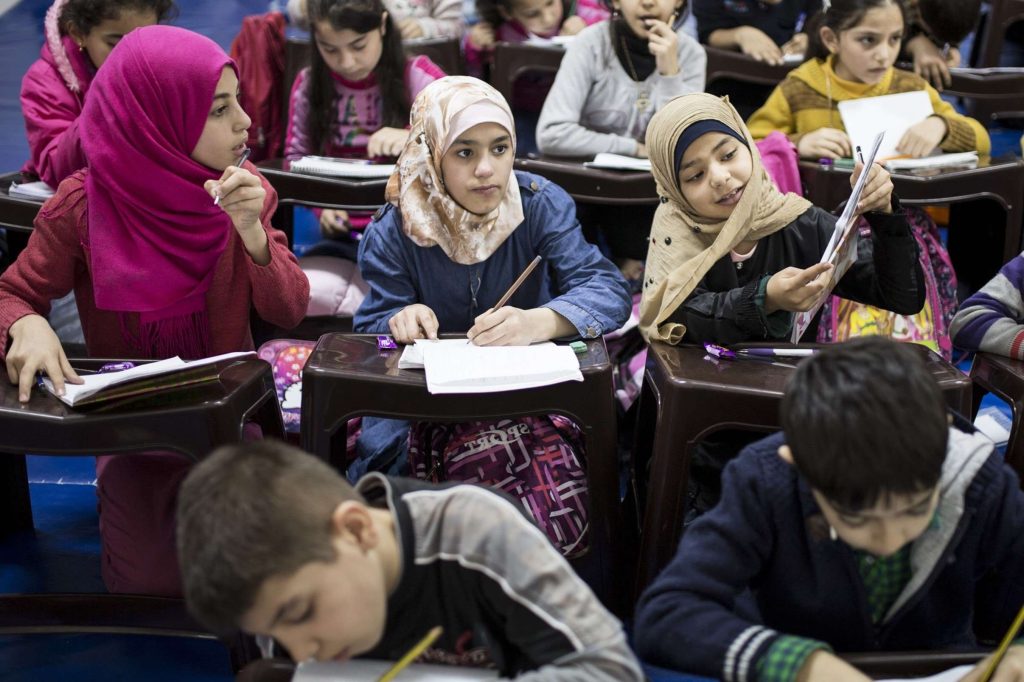Have you ever paused to consider the tapestry of languages that blankets our world, each thread a vital link to culture, identity, and history? International Mother Language Day stands as a powerful testament to this diversity, celebrated globally on February 21st. Born from the ashes of conflict and the unyielding spirit of the Bengali Language Movement, this day transcends mere commemoration. It's a clarion call for the preservation of linguistic diversity and a celebration of cultural heritage. With roots tracing back to a proposal at the UNESCO Conference in 1952, its official recognition in 1990 marked a pivotal moment in the global acknowledgment of the importance of every mother tongue. From stirring protests in Dhaka that sparked a movement, to vibrant celebrations across the globe, International Mother Language Day serves as a reminder of the power of words to unite, to heal, and to empower communities far and wide.
Key Takeaway
Timeline
Day Activities
-
Cultural Performances: Kicking off with a bang, International Mother Language Day is jam-packed with cultural showcases that'll knock your socks off. From traditional dances that tell age-old tales to soul-stirring music sessions, attendees get a first-hand experience of the world's rich tapestry of cultures. It's like taking a whirlwind tour around the globe without leaving your seat!
-
Language Workshops: Ever fancied learning how to roll your Rs or click your tongue? Well, here's your chance! With language workshops popping up left, right, and center, folks get to dip their toes into new linguistic waters. Whether it's mastering the basics of Japanese or unraveling the complexities of Arabic, there's something for every language enthusiast out there.
-
Seminars and Discussions: For those who love a good chinwag, seminars and panel discussions are the go-to. Experts and linguists dive deep into the importance of preserving linguistic diversity, sharing insights that'll make your brain tick. It's not just talk; these sessions spark conversations that continue long after the day is done, inspiring action and fostering a global community of language lovers.
Interesting Facts
1. Origins in Bangladesh
International Mother Language Day traces back to the 1952 Bengali Language Movement protests.
2. UNESCO's Role
UNESCO officially established International Mother Language Day in 1990, promoting linguistic diversity.
3. Annual Observance
Celebrated on February 21st, it emphasizes the importance of cultural and linguistic diversity.
4. Global Recognition
Activities worldwide include language classes and cultural performances to honor International Mother Language Day.
5. Tribute to Linguistic Rights
Marks a reminder to respect and recognize every individual's linguistic and cultural rights globally.
Why We Love This Day
-
Celebrating linguistic diversity brings us closer to understanding and appreciating the rich tapestry of global cultures. International Mother Language Day, marked on February 21st, is a vibrant celebration of this diversity. It's a day when folks from all corners of the globe can share stories, songs, and poems in their native tongues, fostering a sense of unity in diversity. Imagine walking through a bustling festival, hearing languages you've never encountered before, and feeling connected to each one. That's the magic of this day.
-
Honoring the Bengali Language Movement gives us a poignant reminder of the struggles faced by many to preserve their linguistic heritage. This day isn't just about celebration; it's also a solemn remembrance of those who laid down their lives in Dhaka in 1952, fighting for their right to speak their mother tongue. Their sacrifice underscores the importance of standing up for cultural and linguistic rights, making this observance deeply meaningful. It's a call to action for everyone to support linguistic diversity and to remember that language is more than just words; it's an expression of identity and freedom.
-
Promoting multilingualism in today's globalized world is crucial for fostering social cohesion and development. International Mother Language Day encourages us to learn new languages and appreciate the ones we speak. Think about it: every time you learn a new way to say "hello," you're opening a door to a whole new world of experiences, perspectives, and friendships. This day serves as a reminder that languages are bridges connecting us to each other, helping us to navigate our increasingly interconnected world with empathy and understanding.
Past & Future Dates
| Month | Day | Year |
|---|---|---|
| FEBRUARY | 21 | 2022 |
| FEBRUARY | 21 | 2023 |
| FEBRUARY | 21 | 2024 |
| FEBRUARY | 21 | 2025 |
| FEBRUARY | 21 | 2026 |
| FEBRUARY | 21 | 2027 |
| FEBRUARY | 21 | 2028 |
FAQ
Why is 21st February International Mother Language Day?
The idea to celebrate International Mother Language Day was the initiative of Bangladesh. In Bangladesh, 21 February 1952 is the anniversary of the day when Bengalis in the then-Pakistani province of East Bengal (now the independent state of Bangladesh) fought for recognition of their Bengali language.
How to celebrate International Mother Language Day?
Teach children how to sign the different seasons with these Seasons BSL Flashcards, featuring helpful illustrations for visual learning. Presenting a special assembly is a great way to celebrate International Mother Language Day.
What happened on 21 February 1952?
The government outlawed the protests, but on February 21, 1952, students at the University of Dhaka and other activists organized a protest. Later that day, the police opened fire at the demonstrators and killed four students.
What is the importance of 21 February 2024?
The sacrifice of those who gave their lives for the language movement became a symbol of the struggle for linguistic and cultural rights. It was in recognition of the significance of the Bengali Language Movement that UNESCO declared February 21st as International Mother Language Day in 1999.
